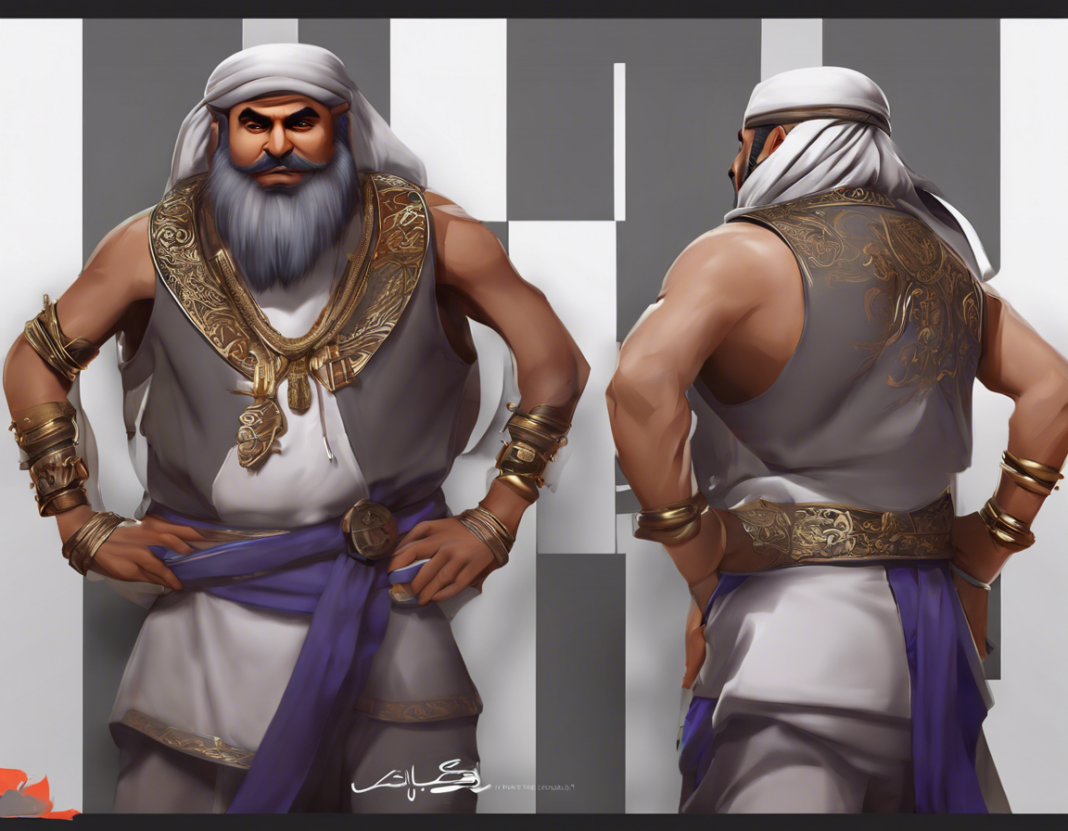Shaikh Rashid bin Saeed Al Maktoum, commonly known as Shaikh Rashid, was a visionary leader whose 32-year reign as the Vice President and Prime Minister of the United Arab Emirates and Ruler of Dubai left an indelible mark on the nation’s development. His legacy is one that continues to shape the UAE’s progress and influence its future trajectory. In this article, we will delve into the life and achievements of Shaikh Rashid, highlighting the key aspects that defined his leadership style and the lasting impact he has had on the UAE.
Early Life and Background
Born on December 11, 1912, Shaikh Rashid belonged to the Al Maktoum family, one of the six ruling families of the UAE. He was the son of Shaikh Saeed bin Maktoum Al Maktoum, the Ruler of Dubai at the time. From an early age, Shaikh Rashid showed a keen interest in the affairs of his emirate and demonstrated a strong sense of duty towards his people.
Visionary Leadership
Shaikh Rashid ascended to power in 1958 after the death of his father, and he wasted no time in implementing progressive reforms and development initiatives that would lay the foundation for Dubai’s transformation into a global hub. One of his most notable achievements was the discovery of oil in the region in 1966, which provided the necessary resources to fuel Dubai’s rapid growth and modernization.
Economic Development
Under Shaikh Rashid’s leadership, Dubai underwent a massive economic overhaul, diversifying its economy beyond oil and investing in sectors such as trade, tourism, and finance. He spearheaded the development of Port Rashid and Jebel Ali Port, which played a crucial role in establishing Dubai as a key player in global trade. Additionally, Shaikh Rashid’s visionary policies attracted foreign investment and paved the way for the creation of free zones like Dubai International Financial Centre (DIFC) and Jebel Ali Free Zone (JAFZA).
Infrastructure Projects
Shaikh Rashid was renowned for his ambitious infrastructure projects that transformed Dubai’s landscape. He oversaw the construction of vital infrastructure such as roads, bridges, hospitals, schools, and housing developments, all of which were essential in improving the quality of life for Dubai’s residents. The iconic Dubai World Trade Centre, completed in 1979, stands as a testament to Shaikh Rashid’s commitment to modernizing Dubai and positioning it as a global business destination.
Social Reforms
In addition to his economic achievements, Shaikh Rashid was also a champion of social reforms aimed at improving the welfare of Dubai’s citizens. He invested in healthcare and education, establishing institutions like Rashid Hospital and Dubai Men’s College. Shaikh Rashid’s emphasis on education laid the groundwork for the development of a knowledgeable and skilled workforce that would drive Dubai’s future growth.
Legacy and Impact
Shaikh Rashid’s legacy lives on in the DNA of the UAE, shaping its identity as a forward-thinking nation that embraces innovation and progress. His dedication to serving his people, his bold vision for the future, and his unwavering commitment to excellence continue to inspire leaders in the UAE and beyond. The infrastructure, institutions, and economic policies he put in place have positioned Dubai as a global city that attracts businesses, tourists, and talent from around the world.
Frequently Asked Questions (FAQs)
1. What were Shaikh Rashid’s key achievements during his tenure as the Ruler of Dubai?
Shaikh Rashid’s key achievements include the discovery of oil in Dubai, the diversification of the emirate’s economy, the development of critical infrastructure projects like Port Rashid and Jebel Ali Port, and the implementation of social reforms focused on healthcare and education.
2. How did Shaikh Rashid’s leadership style influence the development of Dubai?
Shaikh Rashid’s visionary leadership style emphasized innovation, progress, and excellence. His forward-thinking approach to governance paved the way for Dubai’s transformation into a global business and tourism hub.
3. What is Shaikh Rashid’s lasting legacy in the UAE?
Shaikh Rashid’s lasting legacy in the UAE lies in his contributions to the nation’s economic growth, infrastructure development, and social welfare initiatives. His visionary leadership continues to shape the UAE’s trajectory and inspire future generations of leaders.
4. How did Shaikh Rashid’s focus on education impact Dubai’s future?
Shaikh Rashid’s focus on education laid the foundation for the development of a skilled workforce in Dubai, which has been instrumental in driving the emirate’s economic diversification and growth. Education remains a key priority in Dubai’s strategic vision for the future.
5. What lessons can current leaders learn from Shaikh Rashid’s leadership legacy?
Current leaders can learn from Shaikh Rashid’s commitment to innovation, his strategic vision for long-term development, his focus on infrastructure investment, and his dedication to improving the lives of his people. By embracing these principles, leaders can create lasting impact and drive sustainable growth in their communities.
